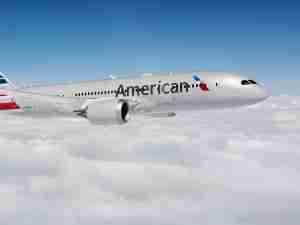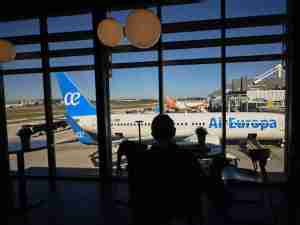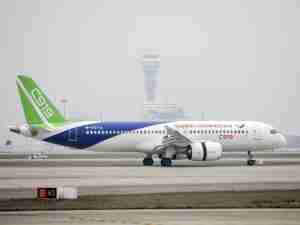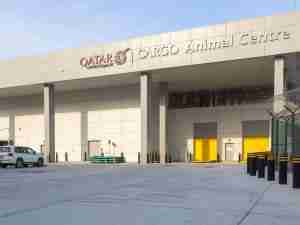SAS AB, which is working its way through a Chapter 11 restructuring in the US, cautioned that much more remains to be done to convince stakeholders to invest in the ailing Scandinavian carrier.
The airline also needs to overcome the impact of a pilot strike and travel disruptions that hobbled its key summer season, just as as the price of jet fuel has soared and inflation accelerates.
“Cost reductions across all of SAS remain in focus to secure our cost competitiveness,” the Stockholm-based airline said in a statement on Friday as it reported third-quarter earnings. It’s “identified the vast majority” of the 7.5 billion kronor ($707 million) in annual expenses it must slash.
It reported total operating expenses of 24.4 billion kronor for the nine months through July, up by 10.8 billion kronor, adjusted for currency impacts.
The tri-national airline has made meaningful progress on both its staffing crisis and financial restructuring plans over the summer. Earlier this month, Apollo Global Management Inc. agreed to provide the company with a roughly $700 million loan, known as debtor-in-possession financing, to help it through the Chapter 11 bankruptcy process.
Besides the loan agreement with Apollo, SAS is nearing results in talks regarding the renegotiation of contracts to reduce lease costs and to “right-size” the fleet, Chief Executive Officer Anko van der Werff said in an interview.
“We are progressing on our ongoing discussions,” he said. “I think they will last for another few months.”
August also saw the company’s pilots approve a collective labor agreement that the airline and unions reached last month to end a 15-day strike. The July walkout hit SAS at the busiest time of the year as it was forced to cancel 3,700 flights, affecting 380,000 passengers and costing $135 million.
But even with those milestones accomplished, the future of SAS still hangs in the balance. It must convince lenders to convert about 20 billion kronor of existing debt into equity. It also needs to raise at least 9.5 billion kronor in new equity capital.
The government of Sweden has already announced it will not inject new capital into the airline while Denmark signaled it may add to its stake. Other potential backers include investors already holding equity or debt stakes in other carriers, such as Apollo.
Operational Challenges
There remain huge operational challenges for the airline, SAS cautioned, citing “prevailing uncertainties around the world” as well as Asian traffic affected by the Covid-19 restrictions and geopolitics.
Demand for travel may also be hampered as accelerating inflation, from soaring energy bills to more expensive groceries, weighs on household budgets. Still, SAS is taking the learnings from this year’s travel chaos with a plan to hire staff for 2023.
“Looking ahead to the next summer season we are preparing for substantial recruitments and rehirings that will be initiated in order to meet the expected increased future demand,” it said.











